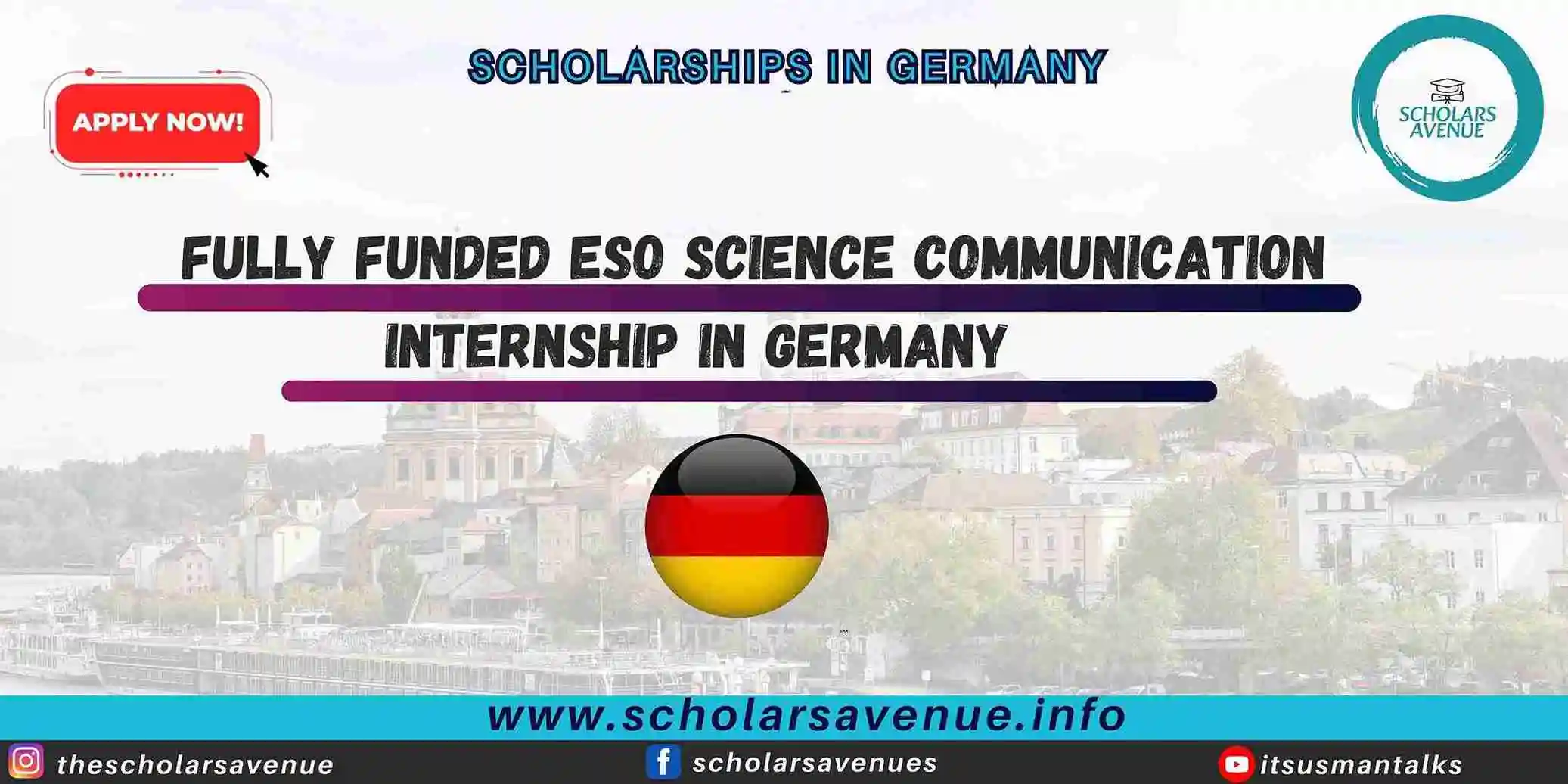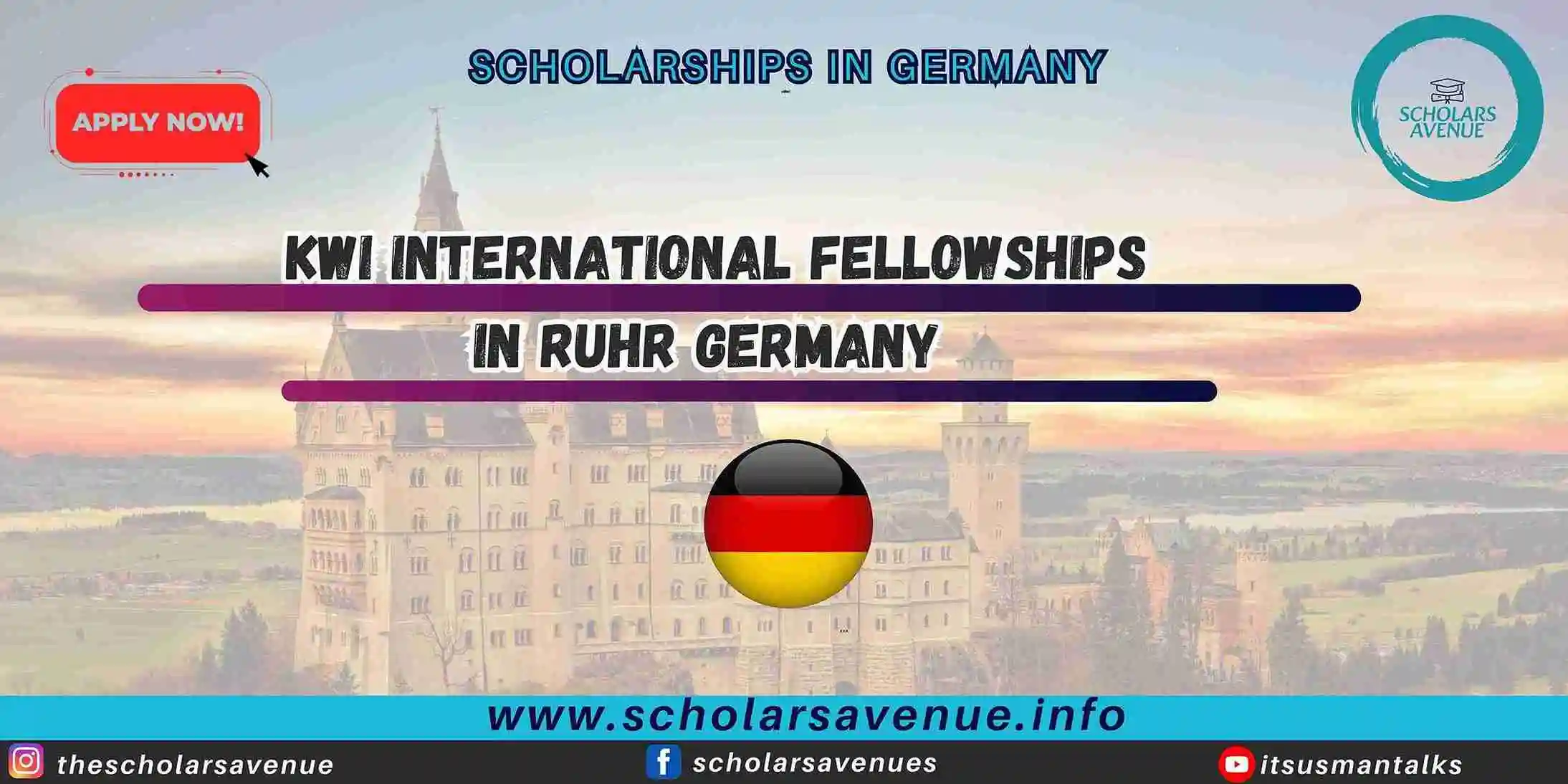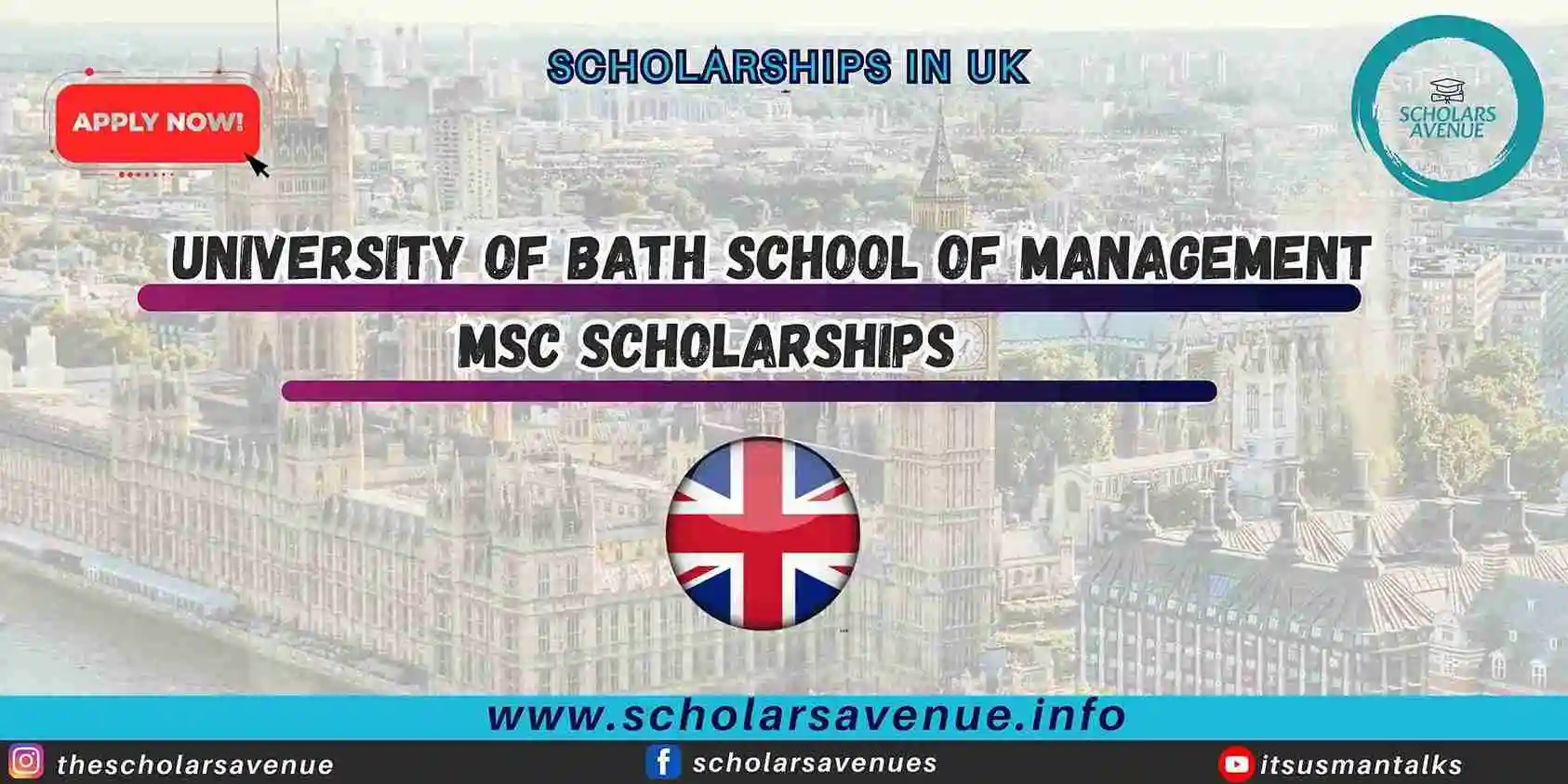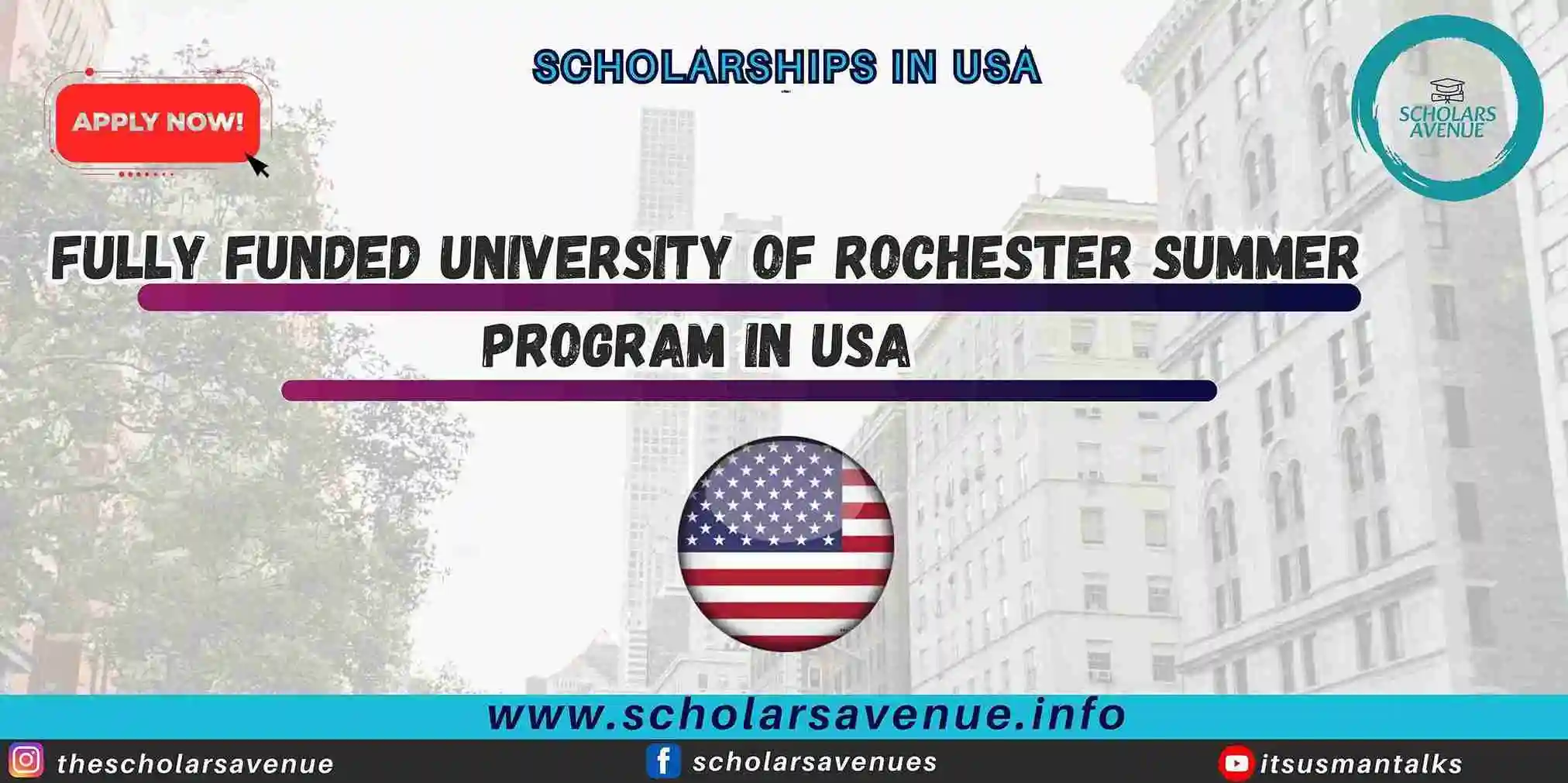Germany’s new immigration rules have brought a wave of opportunities for international graduates who aspire to build a future in Europe’s strongest economy. These changes are part of the Skilled Immigration Act reforms, designed to make Germany more welcoming to non-EU talent, particularly those who have completed their education in the country or elsewhere. The aim is clear: tackle labor shortages and enhance Germany’s global competitiveness. If you’re a student or a fresh graduate considering career prospects in Germany, understanding the updated regulations is essential for making informed decisions.
The new rules offer simplified pathways to residence, job search, and long-term settlement. Whether you’re currently studying in Germany, have recently graduated, or are planning to move soon, these changes can directly impact your future. From extended job-seeking opportunities to easier transition from study to work visa, Germany’s New Immigration Rules are tailored to retain skilled talent. This blog provides a comprehensive breakdown of what these reforms mean, how they work, and how you can benefit from them. Let’s dive into the essentials and see how Germany is opening its doors wider for international graduates.
Also check, Top Tips for Writing an Outstanding Motivation Letter
1. Germany’s New Immigration Rules
Germany’s New Immigration Rules are part of the updated Fachkräfteeinwanderungsgesetz (Skilled Immigration Act), which officially began in phases starting in March 2024. The core purpose is to simplify the legal immigration process for qualified professionals and international graduates.
- Address skilled labor shortages
- Attract international graduates and skilled workers
- Simplify visa and residence procedures
What Changes for International Graduates?
Germany’s New Immigration Rules now make it significantly easier for international graduates to stay, work, and settle. Here’s what’s new:
Extended Job-Seeking Period:
- International graduates can now stay up to 18 months after graduation to look for employment.
- During this time, you are allowed to work without restrictions.
Reduced Salary Thresholds:
- The minimum salary for the EU Blue Card has been lowered.
- This makes it easier for young professionals to qualify early in their careers.
Pathway from Student to Resident:
- Easier transition from student visa to work visa.
- Faster route to permanent residency (as early as 3 years with stable employment).
3. Eligibility Criteria
To benefit from Germany’s New Immigration Rules as an international graduate, you must:
- Hold a recognized university degree (German or foreign)
- Have sufficient financial means to support your stay
- Show proof of job-seeking efforts (e.g., applications, interviews)
- Apply before your residence permit expires
4. Working During and After Studies
Under Germany’s New Immigration Rules:
- International students can work 20 hours per week during term time
- Post-graduation, you can switch to a job-seeker visa or a Blue Card
- If you find a job related to your degree, you can immediately apply for a work permit
Also check, IELTS vs TOEFL vs Duolingo: Which One Should You Take for Scholarships?
5. Blue Card for Graduates
The EU Blue Card is now more accessible:
- Lowered salary threshold (starting at €39,682 annually for shortage professions)
- Valid for 4 years with a fast-track to permanent residency
- Family reunification is easier
6. Recognition of Foreign Qualifications
If you didn’t graduate in Germany, your degree must be recognized:
- Use the Anabin Database or apply via ZAB for assessment
- Ensure your field of study aligns with job offers in Germany
7. Applying for the Job-Seeker Visa
Requirements include:
- Valid passport
- Recognized degree
- Proof of financial means (~€1,027/month)
- Health insurance
- Motivation letter and CV
Where to apply:
- From your home country at the German Embassy
- Or from within Germany if your current permit allows
8. Post-Study Work Opportunities
Germany’s New Immigration Rules support faster job placement in these areas. Internships, part-time jobs, and research roles can help you transition smoothly. Sectors in high demand:
- IT and Engineering
- Healthcare and Nursing
- STEM fields
- Skilled Trades
9. Permanent Residency Pathway
Under the new rules, international graduates can apply for permanent residency:
- After 2 years with a Blue Card
- After 3 years with regular employment
- Language proficiency (B1 level) is often required
Also check, How to find Scholarships on University Websites
Germany’s New Immigration Rules represent a strong shift toward retaining global talent and easing bureaucratic barriers for skilled workers. As an international graduate, you are now in a better position than ever to start your career in Germany. From flexible work rights and longer stay options to faster residency processes, the country is rolling out the red carpet for you. Just stay informed, follow the rules, and take the next step confidently.
Looking to maximize your chances of acceptance?
Consider using our Professional Services to polish your application and stand out from the crowd.
For detailed videos on relevant opportunities check out:
Frequently Asked Questions (FAQs)
What are Germany’s New Immigration Rules for international graduates?
Germany’s New Immigration Rules simplify the process for non-EU international graduates to remain in the country after completing their studies.
How long can I stay in Germany after graduation to look for a job?
Under Germany’s New Immigration Rules, international graduates can stay up to 18 months after graduation to search for employment. During this period, you are also permitted to work without restrictions.
What is the minimum salary required for the EU Blue Card in 2025?
As per Germany’s New Immigration Rules, the minimum salary requirement for shortage professions is approximately €39,682 per year, making it easier for recent graduates to qualify.
Are degrees from non-German universities accepted?
Yes, but your degree must be recognized in Germany. Use the Anabin database or submit your documents to ZAB for formal recognition.
Can I bring my family to Germany while on a job-seeker or work visa?
Yes! Germany’s New Immigration Rules allow family reunification. Spouses and children can join you, and spouses often receive the right to work as well.










